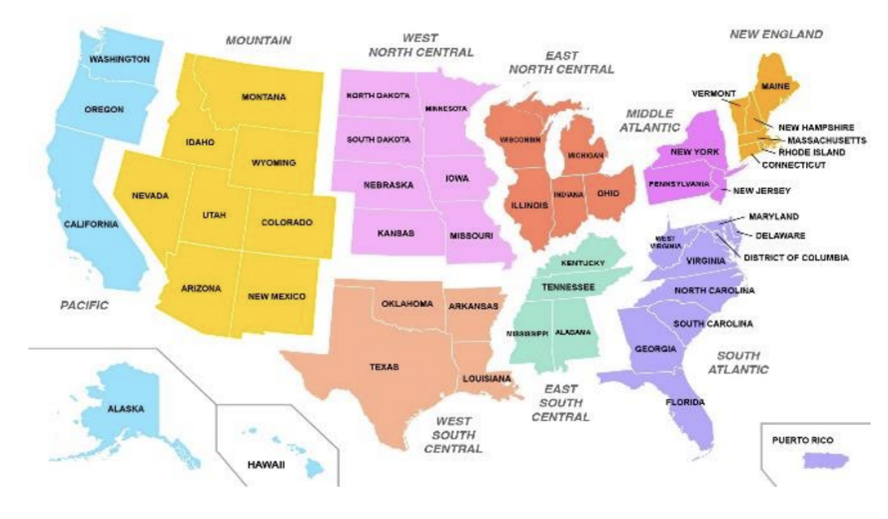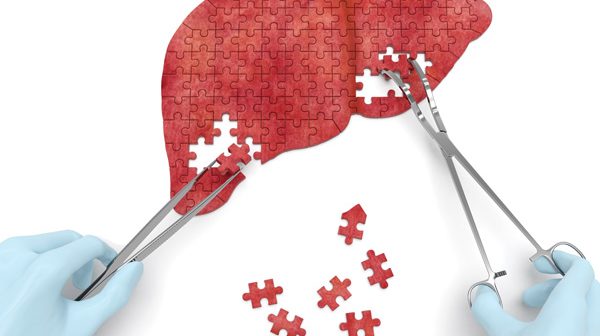Revisiting Preference Signaling in EM for 2024-2025 Match
David Bronstein, MS4
George Washington University School of Medicine
EMRA MSC Northeast Coordinator
David Gordon, MS4
Thomas Jefferson University Sidney Kimmel Medical College
EMRA MSC Vice Chair
Preference signaling has become ubiquitous within the world of residency applications. Last year, we reported on preference signaling and some changes pertinent to EM applicants.1 Briefly, preference signals apply principles of economic scarcity to encourage students to critically evaluate what programs they want to signal high interest in. Signals come in two flavors. There are program signals, designed to be sent to individual programs, and geographic signals, designed to be sent to a census region of the US.
Armed with another year of data, we want to provide an update on how the field of emergency medicine has integrated preference signaling and highlight some changes to the coming match cycle so that students can be best prepared for a successful match.
Major Updates to 2024-2025 Match Year
For the upcoming 2024-2025 Match, applicants to EM can have up to 5 signals. EM Council of Residency Directors (CORD) has changed back to 5 signals, with instructions NOT to signal your home or away institutions.
Geographic signaling will remain the same, with students allowed up to 3 geographic region signals. Faculty advisors may provide more specific recommendations for individual students’ match strategies.
Recapping the 2023-2024 Match Year
For the prior 2023-2024 match cycle, applicants could signal up to 7 programs and were instructed to signal their home and away rotations. According to preliminary ERAS data, EM applicants who sent a signal received an interview 56% of the time compared to 27% when not signaling.2 This is in line with survey data of all program directors, who stated that program signals are important or very important 67% of the time in determining which candidates to interview.3
Geographic signaling was new in last year's residency application cycle. It allowed applicants to signal a preference or lack of preference for geographic divisions and urban vs rural settings. These divisions are based on US Census regions, which can be seen on the map here. Specifically for EM, preliminary data demonstrated nearly 80% of applicants utilized geographic signaling in some capacity. However, what this implies for applicants to EM remains unknown.

Literature from Internal Medicine, a specialty that also utilized 7 program signals, demonstrates promising results. Applicants who submitted any geographic preferences had interview rates of 46% compared to 41.8%, and applicants who signaled a program both preferentially and geographically were significantly more likely to receive an interview (OR 3.2; p <0.01) and match (OR 6.4; p <0.01) than applications with neither a preference signal nor a geographic preference.5 This is limited data based on self-report metrics of only MD students to Internal Medicine, but nonetheless, we can safely assume that geographic signaling played some role in the EM match as well.
How will preferencing tentatively work in the upcoming cycle (2024-2025)?
- EM Match will continue participating in preference signaling
- Signaling occurs within Electronic Residency Application Service (ERAS)
- Geographic signaling based on regions (3 total signals)
- Program signaling to individual programs (5 total signals; do not utilize signals for home and away programs)
What does this mean for you?
It’s to your advantage to use all available program and geographic signals. If you are interested in a program that you do not plan to signal or is not in your top 3 geographic regions, talk to your faculty advisor(s) about how to stand out to these programs.
As we approach application season, more information for the 2024-2025 match cycle is forthcoming. Read the EMRA and CORD Student Advising Guide, including an updated chapter on ResidencyCAS, for details about changes to the application process. EMRA will also continue to have monthly Hangouts and newsletters to keep you up to date on the newest information to be successful this cycle!
Further Reading
https://www.acepnow.com/article/2024-match-week/?singlepage=1&theme=print-friendly
Citations
- Bronstein D, Gordon D, Stevens K, Walsh C. Preference Signaling in the Emergency Medicine Match. EMRA Newsletter. April 2023.
- Exploring the Relationship Between Program Signaling & Interview Invitations Across Specialties: 2024 ERAS Preliminary Analysis. American Association of Medical Colleges. December 29th, 2023.
- 2023-2024 ERAS Application Cycle: Results of the Program Director Reaction Survey. American Association of Medical Colleges. April 2024.
- Supplemental ERAS 2022-2023 Application Cycle: Evaluation of Geographic Preferences. American Association of Medical Colleges. November 2022.
- Benjamin WJ, Lenze NR, Bohm LA, et al. Evaluating the Impact of the Novel Geographic Preferences Section on Interview Rate and Residency Match Outcomes. J Gen Intern Med. 2024;39(3):359-365. doi:10.1007/s11606-023-08342-w
Related Content

Aug 25, 2017
Your Home
The Emergency Medicine Residents' Association EMRA is the voice of emergency medicine physicians-in-training and the future of our specialty and the largest and oldest independent resident organization in the world. EMRA was founded in 1974 and today has a membership over 18,000 residents, medical students, and alumni.






